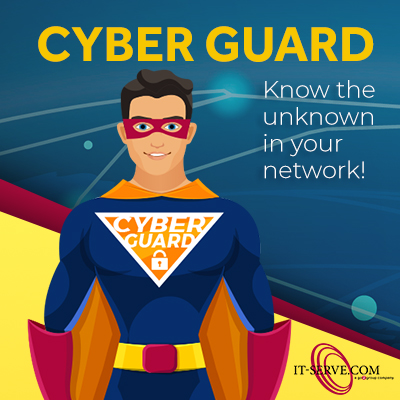
Usually, a computer hacker gain access to a computer or network in an organization by finding and then exploiting a flaw in the computer's software, accessing an opening in its cyber security protocols, or by using stolen passwords and usernames of employees. Once hackers are in the system, they have access to all company data, they can pretend to be other users in the network, as well as modify files and make other changes, or they can use other devices linked to the hacked computer. The aftermath of a hacker can be dreadful, costly and time consuming to clear up, depending on what devices the hacker has compromised and how much information they have accessed. But what else can a hacker do when they’ve made their way into your company network?
STEALING PASSWORDS OR PROGRAMS
If a hacker is in your network, they would most probably be able to find the username to your bank or credit card accounts, along with your passwords. When the hacker knows both your username and password, your bank or personal accounts can be completely compromised. Worst case scenario, the hacker can go online at any given time, and use your credit accounts for illegal purchases and possibly bankrupt you. Additionally, hackers have been known to store to stolen software programs from computers they have hacked before. Hackers can also pass on this information to other hackers they know, possibly increasing the amount of intruders in your network.
ONE HACKED COMPUTER CAN LEAD TO OTHER DEVICES BEING COMPROMISED
As mentioned before, once a hacker has intercepted the cyber security protocols of a computer or a network, they can gain access to any device connected to it. This is how some hackers can take over multiple computers at once and launch a huge cyber attack on an entire company. These large scale attacks are usually by cyber terrorists who usually have a vendetta against a certain organization who oppose their ideals, or they are revenge ploys gone too far. Either way, they can change the way the website work, looks or functions, or simply take it offline until cyber security protocols get rid of the intruders. Also, when security professionals look into the matter and start following the digital trail of the hackers, they will simply be lead to other devices connected to the network and not the true culprit. The hackers use this method to confuse security specialists and throw them off kilter, as they will simply be lead in circles due to the large amount of devices that have been compromised.
STEALING PERSONAL INFORMATION
An experienced hacker will be able to find out all kinds of personal information on their victim. However, the amount they can uncover depends solely on how careful the victim is with their sensitive data. For example, it would be easier for hackers to steal information if the victim has all their passwords stored on their PC instead of simply remembering them. It would be worse of it’s the same password for all accounts or even if all login credentials are simply saved on the browser. It may be a bit time consuming, but it’s always advised to never save passwords on office devices. After gaining access to your passwords, hackers can commit crimes such as identity theft or illegal credit purchases. Some hackers can even hold some information ransom, and threaten to reveal it to the public or to sell it to rival firms until the victim pays them a hefty amount of money in the form of bitcoin or to a bank account.
All in all, having a hacker intercept your security protocols and invading your company network can be a frightening experience. It’s important to invest in the appropriate measures such as an up to date antivirus software, a VPN to use in the office or even a third party managed services provider who will handle all cyber security matters professionally. As they say, prevention is better than cure, and the counter measures to dispel a hacker can be a costly and stressful affair. Investing in the top notch security software can save the firm’s money and integrity in the long run.



















